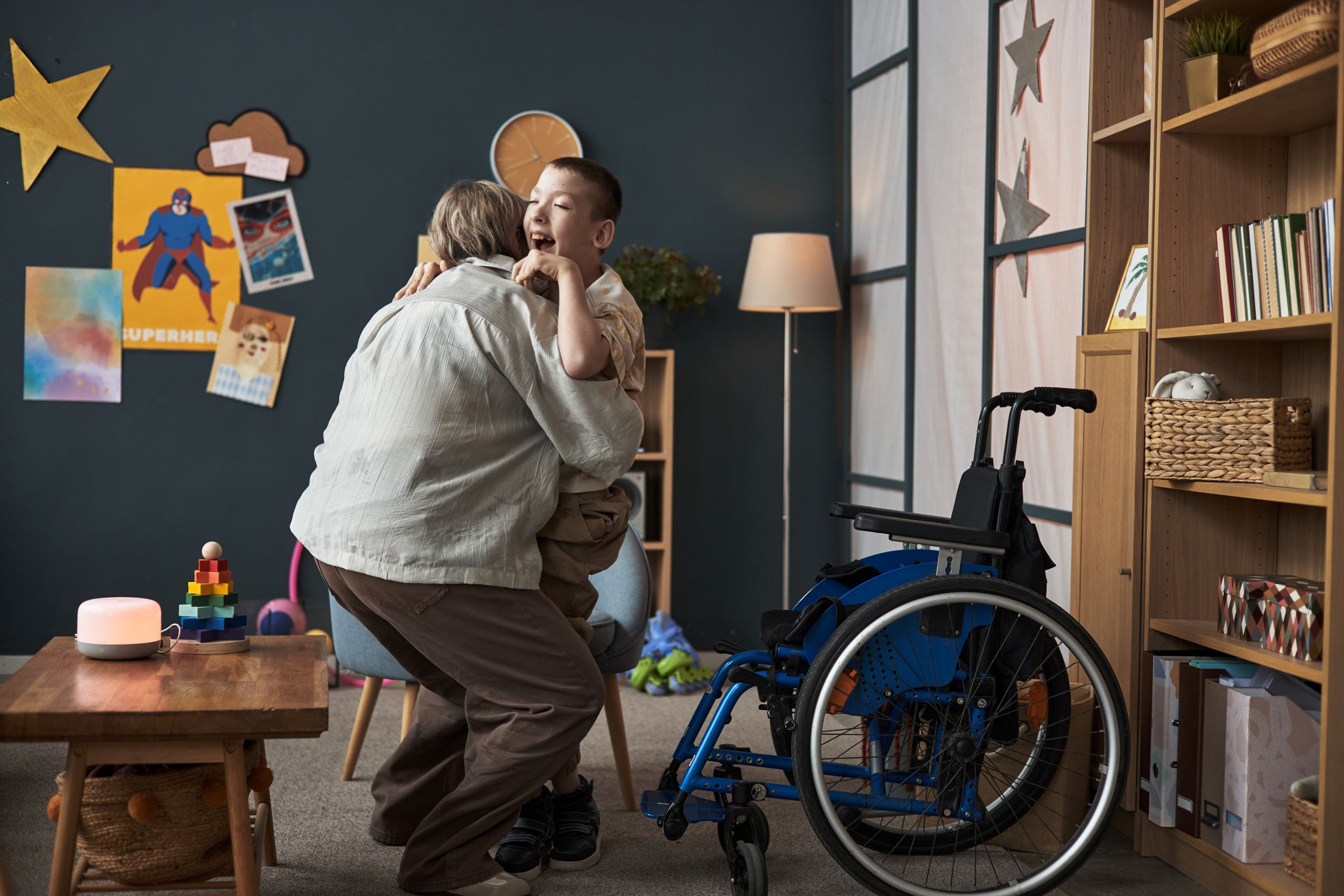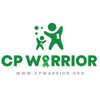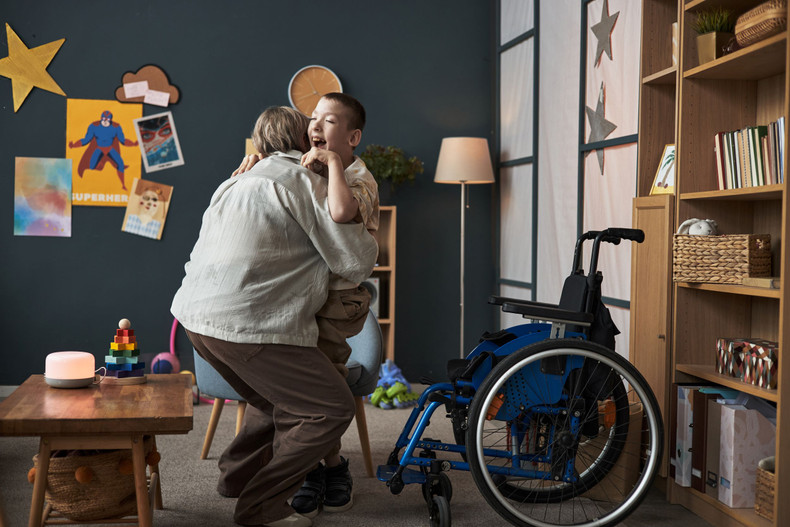Navigating the world of cerebral palsy can be challenging, but families don't have to go it alone! With a wealth of cerebral palsy resources available, there's plenty of support for families and caregivers looking to gather cerebral palsy information and find help for caregivers. From specialized therapy options to community support networks, resources for cerebral palsy are designed to provide comfort and guidance. Whether you're seeking family support for cerebral palsy or simply looking for reliable information on cerebral palsy, this guide is your trusted companion on this journey. Let's explore the resources that can make a real difference in the lives of those affected by cerebral palsy! ?
Understanding Cerebral Palsy
Cerebral palsy is a complex condition that affects movement and posture. Let's explore some key facts and common challenges faced by individuals and families dealing with cerebral palsy.
Key Facts and Figures
Cerebral palsy is the most common motor disability in childhood. It affects about 1 in 345 children in the United States, according to the Centers for Disease Control and Prevention (CDC).
The condition results from abnormal brain development or damage to the developing brain. This can occur before, during, or shortly after birth. While there's no cure, early intervention and ongoing support can greatly improve quality of life.
Cerebral palsy can range from mild to severe, affecting different parts of the body. Some individuals may have difficulty walking, while others may face challenges with fine motor skills or speech.
Common Challenges Faced
Individuals with cerebral palsy and their families often encounter various challenges in daily life. These can range from physical limitations to social and emotional hurdles.
Physical challenges may include mobility issues, difficulty with self-care tasks, and sometimes, associated conditions like epilepsy or vision problems. Many individuals require assistive devices or ongoing physical therapy to manage these challenges.
Social and emotional challenges can also be significant. Children with cerebral palsy may face bullying or feel isolated from peers. Parents and caregivers often experience stress and may struggle to balance caregiving responsibilities with other aspects of life.
Educational challenges are common too. While many children with cerebral palsy have normal or above-average intelligence, learning difficulties can occur due to physical limitations or associated conditions.
Finding the Right Resources
Accessing appropriate resources is crucial for families navigating life with cerebral palsy. Let's look at some valuable online and local resources available.
Cerebral Palsy Resources Online
The internet offers a wealth of information on cerebral palsy and support for families. These online resources can be invaluable for education, support, and connecting with others in similar situations.
Reputable medical websites, such as the National Institute of Neurological Disorders and Stroke, provide comprehensive information about cerebral palsy, its causes, symptoms, and treatment options. These sites are excellent starting points for families seeking to understand the condition better.
Online support groups and forums allow families to connect with others facing similar challenges. These platforms can provide emotional support, practical advice, and a sense of community. Websites like CerebralPalsy.org offer dedicated spaces for parents and caregivers to interact.
Educational resources, including webinars, online courses, and downloadable guides, are also available. These can help families learn about managing daily care, navigating the education system, and understanding legal rights.
Local Support for Families
While online resources are valuable, local support can provide hands-on assistance and face-to-face connections. Many communities offer various services for families affected by cerebral palsy.
Local hospitals and therapy centers often have support groups for families. These meetings provide opportunities to share experiences, learn from others, and build a local support network. Check with your healthcare provider for information about these groups.
Many cities have non-profit organizations dedicated to supporting individuals with disabilities, including cerebral palsy. These organizations may offer services like respite care, equipment loans, or recreational programs. The United Cerebral Palsy (UCP) website can help you find local affiliates.
Schools and early intervention programs are also crucial local resources. They can provide educational support, therapy services, and help in developing Individualized Education Programs (IEPs) for children with cerebral palsy.
Empowering Caregivers
Caregivers play a crucial role in supporting individuals with cerebral palsy. Let's explore some strategies to empower caregivers and build a supportive community.
Help for Caregivers: Tips and Tricks
Caring for someone with cerebral palsy can be rewarding but challenging. Here are some tips to help caregivers manage their responsibilities effectively.
Self-care is crucial. Caregivers should prioritize their own physical and mental health. This might involve taking regular breaks, practicing stress-reduction techniques, or seeking professional counseling when needed.
Organization can make caregiving more manageable. Using calendars, to-do lists, and medication trackers can help keep track of appointments, tasks, and treatment schedules. Many smartphone apps are available to assist with this.
Learning about the condition and treatment options is empowering. Cerebral Palsy Guidance offers resources specifically for parents and caregivers, including information on therapies, education, and daily care.
Building a Supportive Community
A strong support network can make a significant difference for families dealing with cerebral palsy. Building this community involves reaching out and connecting with others who understand your journey.
Joining support groups, either in-person or online, can provide emotional support and practical advice. These groups offer a safe space to share experiences, frustrations, and successes with others who truly understand.
Participating in community events related to cerebral palsy or disability awareness can help families feel less isolated and more connected. These events often provide opportunities to meet other families, learn about local resources, and advocate for better support.
Collaborating with healthcare providers, therapists, and educators is also crucial in building a supportive community. Regular communication with these professionals ensures coordinated care and support for the individual with cerebral palsy.


